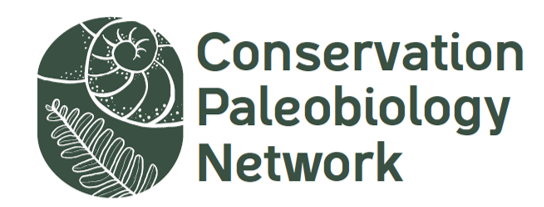ABOUT US
The Conservation Paleobiology Research Coordination Network is supported by a five-year NSF grant.
The Conservation Paleobiology Network (CPN) is developing new ways to use paleontological and historical data to improve management and restoration of natural habitats. Fossils and other archives of the past can inform us about natural habitats that existed before humans appeared on our planet. Moreover, researchers have shown recently that the fossil record can help us to assess the ongoing loss of species and habitats. That is, the knowledge of the past can help us to better protect and restore threatened plants and animals. The project brings together scientists and stakeholders (communities, agencies, and industry) to ensure that historical archives effectively assist conservation efforts. The project benefits society via community-building activities (workshops and field courses), online training programs (webinars), and student education programs.
The CPN aims to transform conservation paleobiology from a cluster of novel academic projects into an applied science that transfers geohistorical data to stakeholder groups and is adept at responding to stakeholder needs. The project addresses two key objectives: 1) Internal Integration, which is bringing together disparate efforts, establishing best practices, connecting efforts across regions, and coordinating the training of future researchers in these best practices; and 2) External Integration, which focuses on networking of scientists and stakeholders to make conservation paleobiology a translational science wherein new knowledge evolves via interactions between scientists and scientific data users. To achieve these goals, we are using grass-roots strategies to build a Community of Practice which is developing (1) Working Groups that tackle key questions of conservation paleobiology; (2) System-Focused Field Courses that engage students, junior faculty, and stakeholders; and (3) Webinars dedicated to training future conservation scientists/practitioners. The CPN is managed by PI and the Steering Committee comprised of scientists, conservation practitioners, and stakeholders.
The success of our network depends on assembling a diverse team of leaders who represent various viewpoints. We encourage active participation of students, junior scientists, members of underrepresented groups, and experts from all relevant professions to join the network and apply for leadership appointments to our steering committee, our panels, and any future decision-making bodies that may emerge as this project moves forward.
Read our diversity statement here.














